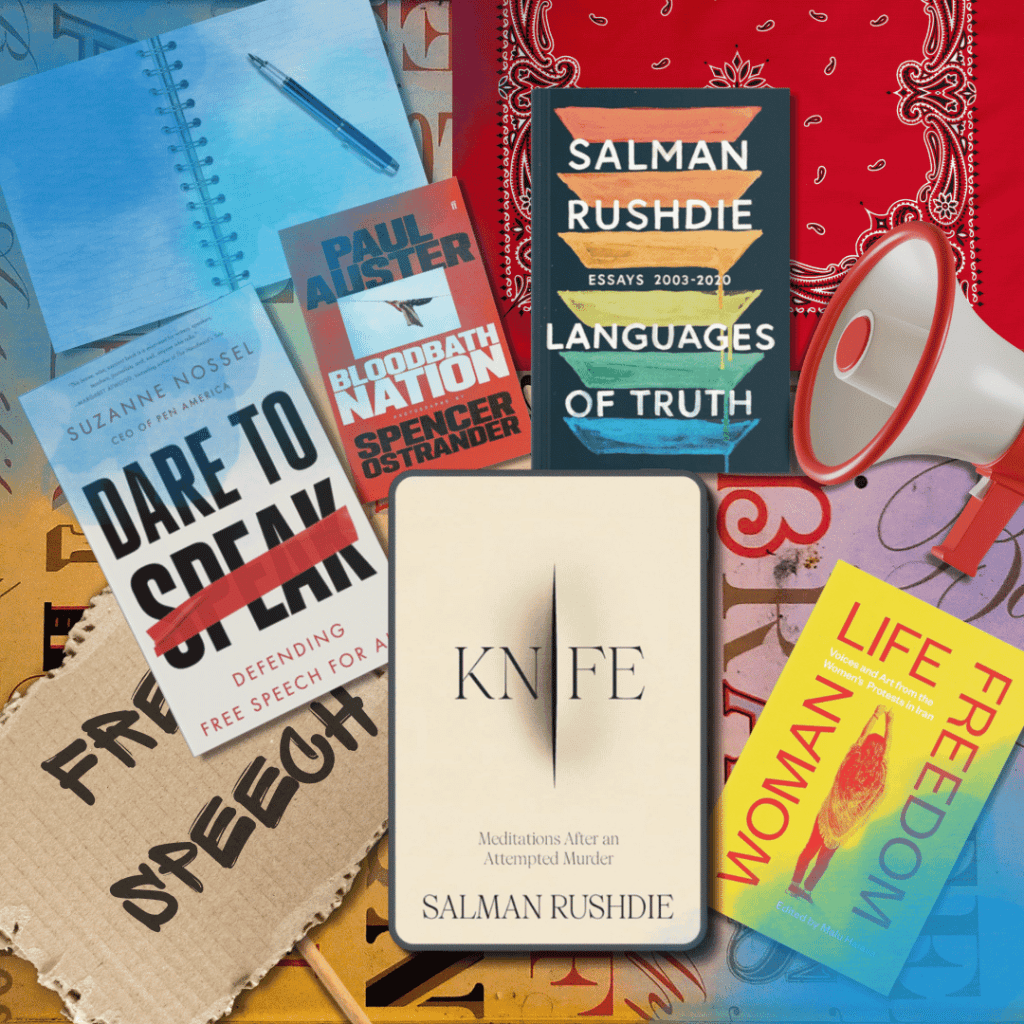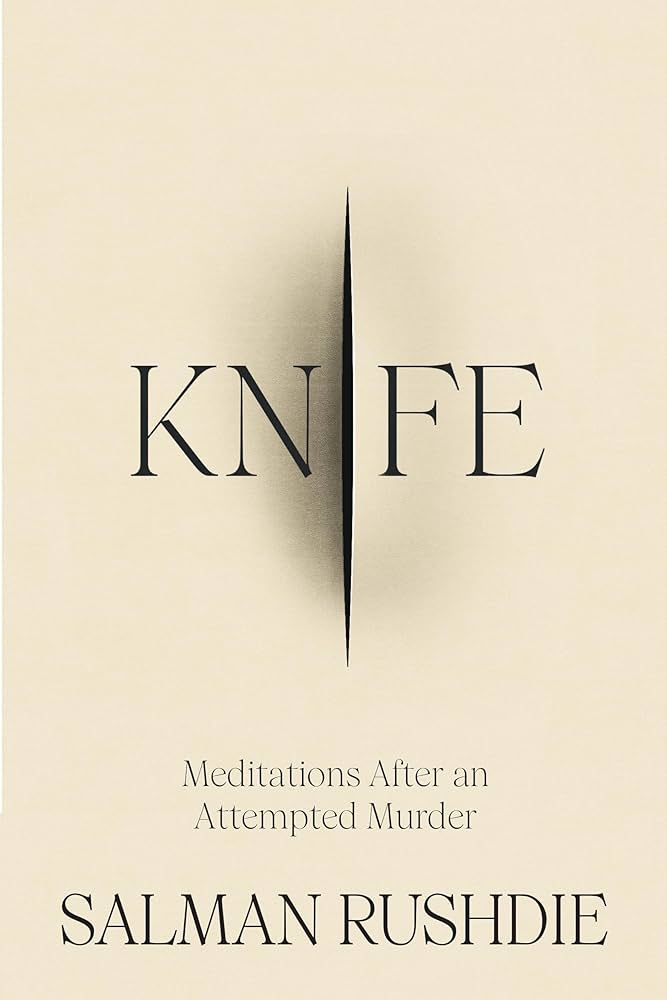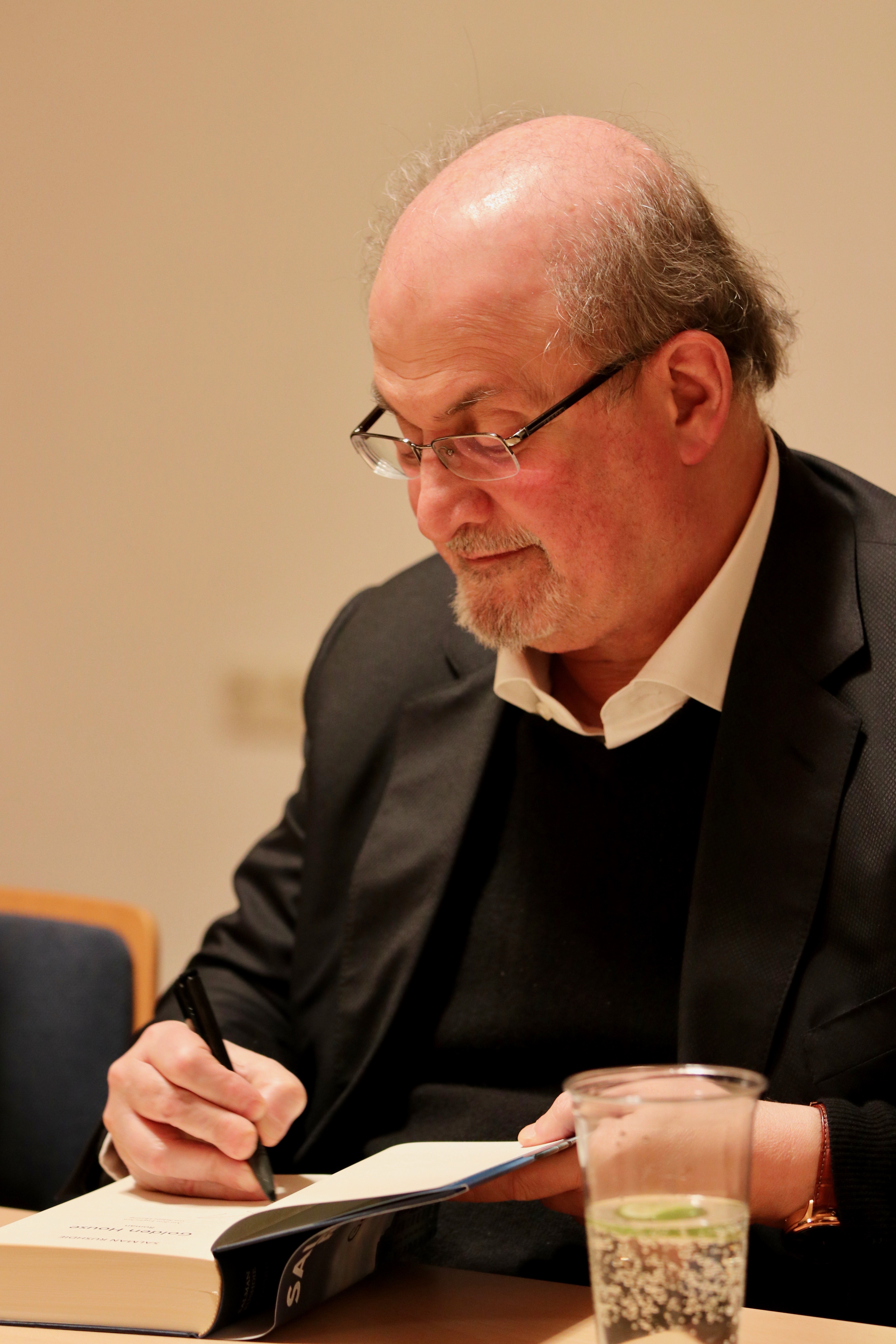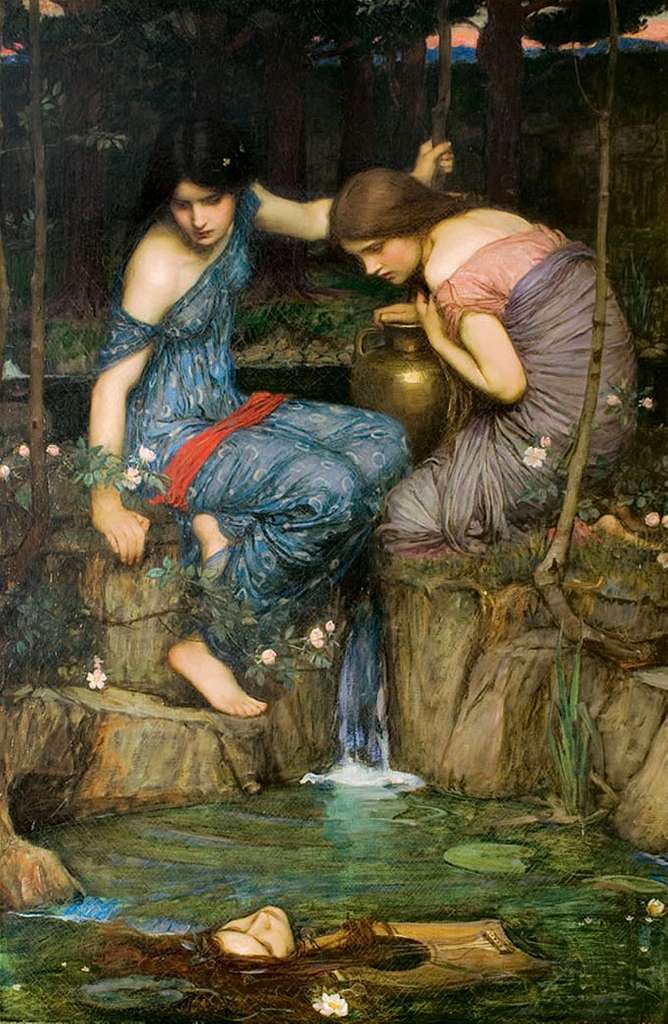The long-awaited memoir of British-American novelist Sir Salman Rushdie was released this week (April 16), shocking and horrifying those who read it. “Knife: Meditations After an Attempted Murder” is unlike most autobiographies in that it unfolded in real time for the entire world to watch in terror. The book was as expected—utterly alarming and showcased the fragility of life and how quickly things can unravel in a second. In Rushdie’s case, it was precisely 27 seconds.
Read: Salman Rushdie Knife memoir: attack trial delayed due to book
Moreover, there is an ongoing trial of the man who brutally attacked him, leaving him blind in one eye. The book is searingly honest, showcasing a man at his most vulnerable, while also revealing how the Booker Prize winner felt like he foresaw this attack years ago.

Why is Salman Rushdie so famous?
MEET THE AUTHOR
Salman Rushdie
Sir Salman Rushdie is the author of fifteen novels, including “Midnight’s Children” (for which he won the Booker Prize and the Best of the Booker), “Shame,” “The Satanic Verses“, “The Moor’s Last Sigh,” and “Quichotte,” all of which were shortlisted for the Booker Prize.


A collection of stories, “East, West“; a memoir, “Joseph Anton“; a work of reportage, “The Jaguar Smile“; and three collections of essays called “Languages of Truth“. “Victory City” was published in 2023.
His many awards include the Whitbread Prize for Best Novel, which he won twice; the PEN/Allen Foundation Literary Service Award; the National Arts Award; the French Prix du Meilleur Livre Étranger; the European Union’s Aristeion Prize for Literature; the Budapest Grand Prize for Literature; and the Italian Premio Grinzane Cavour.
He is a member of the American Academy of Arts and Letters, a fellow of the American Academy of Arts and Sciences, and a Distinguished Writer in Residence at New York University. He is a former president of PEN America and the recipient of the PEN Centenary Courage Award.
His books have been translated into over forty languages. In 2023, he was named one of Time’s 100 Most Influential People of the Year, and received the prestigious Peace Prize of the German Book Trade as well as the Center for Fiction’s Lifetime Achievement Award.
What is the book Knife by Salman Rushdie about?
Salman Rushdie took the stage at the Chautauqua Institution on August 12, 2022, to discuss the important issue of author safety. Disastrously, his speech was abruptly interrupted when a person dressed in black ran towards him with a knife.
This shocking attack reverberated around the world. In his recounting of the event, Rushdie reflects on the assault, his recovery process, and the strength he found in the aftermath.
The ignorance and randomness of violence
“I told him that this book would not be written in the third person, as my earlier autobiographical memoir, Joseph Anton, had been, because when somebody wounds you fifteen times it definitely feels very first-person. That’s an ‘I’ story. And now, I told myself, it’s also an ‘eye’ story.”
Rushdie explores the disturbing details of his brutal attack, providing a chilling account of his experience and the broader implications of the violence he faced. He writes about the suspect, who he calls ‘A’ throughout the book: “This ‘A.’ didn’t bother to inform himself about the man he had decided to kill. By his own admission, he read barely two pages of my writing and watched a couple of YouTube videos of me, and that was all he needed. From this we can deduce that, whatever the attack was about, it wasn’t about The Satanic Verses.” Just like Rushdie, we won’t be naming him here either.
Long-standing shadows of the fatwa
Rushdie talks about the ignorance and arbitrary nature of the violence, suggesting a deep disconnect between his body of work and the motivations of his attacker. He brings up the fatwa placed on his head by Iran’s regime in 1989. The release of “The Satanic Verses” a year before by Viking Penguin immediately sparked controversy in the Islamic world due to perceptions of an irreverent portrayal of Muhammad.
Read: Narges Mohammadi: jailed Nobel winner on hunger strike in Iran
The book was banned in thirteen countries with large Muslim populations: Iran, India, Bangladesh, Sudan, South Africa, Sri Lanka, Kenya, Thailand, Tanzania, Indonesia, Singapore, Venezuela, and Pakistan. Rushdie even published a subsequent piece in The Observer, that called Muhammad “one of the great geniuses of world history”. However, he noted that Islamic doctrine holds Muhammad to be human, and in no way perfect. He held that the novel is not “an anti-religious novel. It is, however, an attempt to write about migration, its stresses and transformations.”
“It is said that Henry James’s last words were ‘So it has come at last, the distinguished thing.’ Death was coming at me, too, but it didn’t strike me as distinguished. It struck me as anachronistic.”
The author also shares a deeply personal reflection on his premonition of the attack: “It had been thirty-three and a half years since the Ayatollah Ruhollah Khomeini’s notorious death order against me… So my first thought when I saw this murderous shape rushing toward me was: So it’s you. Here you are.” The Indian-born writer’s long-standing contemplation of his mortality in light of the fatwa brings an almost fatalistic acceptance to his confrontation with his attacker.
Read: Hanif Kureishi’s Dispatches: an ode to writers like Salman Rushdie in recovery
He further explores his reactions and the surreal experience of facing his assailant: “Why now? Really? It’s been so long. Why now, after all these years? Surely the world had moved on, and that subject was closed. Yet here, approaching fast, was a sort of time traveler, a murderous ghost from the past.”
The brutality of the attack: Salman Rushdie reveals extent of injuries in Knife
On top of this, the memoir does not shy away from the visceral reality of the assault. “He was just stabbing wildly, stabbing and slashing, the knife flailing at me as if it had a life of its own, and I was falling backward, away from him, as he attacked; my left shoulder hit the ground hard as I fell.” Rushdie’s description of the physical attack is vivid and disturbing, highlighting the intimacy and brutality of a knife assault compared to other forms of violence: “A gun can be used from far away… A knife attack is a kind of intimacy”.
“Why didn’t I fight? Why didn’t I run? I just stood there like a piñata and let him smash me.”
He recounts this moment in great detail, describing the brutality and chaos of the moment, while also being honest about his vulnerability. Despite the horror “The Midnight’s Children” author includes moments of introspection and broader social commentary, particularly concerning freedom of speech and the personal costs of living under constant threat.
Through his frank admissions, Rushdie confronts his actions and decisions, inviting readers to understand the complex interplay of fear, shock, and resignation that defines the moment.
Read: Who has the right to tell stories? Salman Rushdie says anyone
Rushdie revealed the extent of his injuries, which were life-changing. The trauma surgeons who treated Rushdie’s injuries have said they initially didn’t think he would survive. The 76-year-old author suffered 15 stab wounds and lost his right eye.
He explained his wounds for the first time: “There was the deep knife wound in my left hand, which severed all the tendons and most of the nerves. There were at least two more deep stab wounds in my neck—one slash right across it and more on the right side—and another farther up my face, also on the right. If I look at my chest now, I see a line of wounds down the center, two more slashes on the lower right side, and a cut on my upper right thigh. And there’s a wound on the left side of my mouth, and there was one along my hairline too.”
“And there was the knife in the eye. That was the cruelest blow, and it was a deep wound. The blade went in all the way to the optic nerve, which meant there would be no possibility of saving the vision. It was gone.”
His son Milan also noted that he managed to survive being stabbed multiple times when so many others have died, which makes Rushdie contemplate his mortality.
Contemplating mortality and survival
At times of crisis, he talks about stumbling upon the words one thinks one needs, and words that sound like the right words. In particular, he recites the words of Joseph Campbell, who describes Nietzsche: “The idea came to him [Nietzsche] of what he called ‘the love of your fate.’ Whatever your fate is, whatever the hell happens, you say, ‘This is what I need.’…Any disaster you can survive is an improvement in your character, your stature, and your life.”
Or in layman’s terms “what doesn’t kill you makes you stronger.” However, he realises that as human beings, we are not helpless. “Even after Orpheus was torn to pieces, his severed head, floating down the river Hebrus, went on singing, reminding us that the song is stronger than death,” he writes. That’s not to say Rushdie isn’t concerned about the “ugly dailiness” around the world.

The memoir also looks at the aftermath and the global reactions to the attack. Rushdie reflects on the overwhelming support he received including from world leaders: “When Death comes very close to you, the rest of the world goes far away and you can feel a great loneliness… President Biden’s statement in response to the attack… reaffirmed our commitment to deeply American values in solidarity with Rushdie and all those who stand for freedom of expression.”
No regrets
In “Knife,” Salman Rushdie does not just recount events; he analyses them, questions them, and contextualises them within his life’s narrative. His reflections on freedom, safety, and the personal decisions that shaped his life post-fatwa are contemplative and introspective. He challenges the notion of fault and responsibility for the attack, ultimately rejecting any regret over his decisions: “To regret what your life has been is the true folly”. There are unforeseen forces that shape all our lives, and sometimes all we can do is accept the things that we cannot change.
You can watch Salman Rushdie live for free here between April 21st and Apr 28th from 2.30pm. He will share his survival story and talk about his new book “Knife” via the Southbank Centre’s livestream page.
I have just listened to a CBC interview with Rushdie on this book. It was excellent!
Ah that’s fantastic, honestly some of it was difficult to read because of the graphic nature of it. But hearing him being so frank and honest about such a horrific situation was really interesting. Do you think you’ll read it?
He was quite graphic in the interview!!! Yes, I will definitely read it.
That’s great, I’d love to hear what you thought of it when you do!
[…] author participated via video livestream from New York where he resides, sharing insights into his latest book, “Knife,” which delves deeply into his survival after a brutal attack thirty years post the infamous fatwa […]
[…] was on the podcast promoting his memoir, “Knife”, which details his recovery from the 2022 knife attack at the Chautauqua Institution in New York. […]